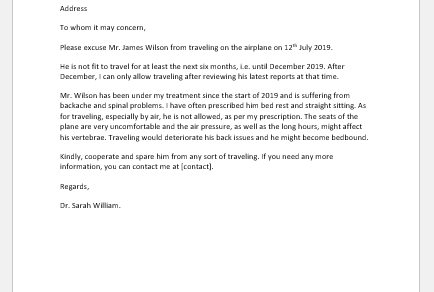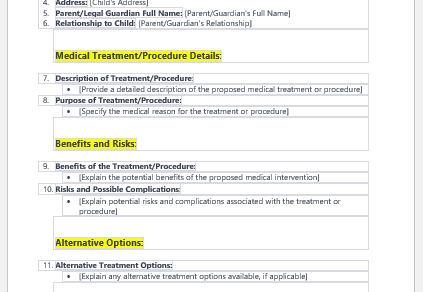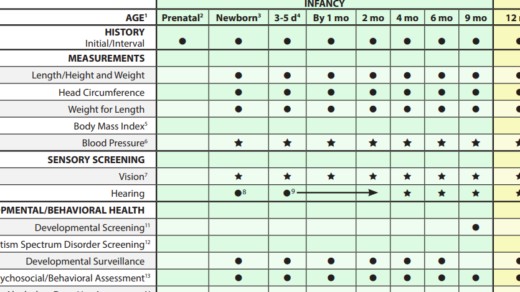A health assessment form is a document used to gather relevant medical information from an individual. Health assessment forms are essential tools, completed by healthcare providers and employers, used in healthcare, insurance, employment, and wellness programs to assess an individual’s overall health status and identify potential health risks.
In healthcare, health assessment forms improve health outcomes by providing pertinent medical information to medical practitioners and aiding in the diagnosis and treatment of medical conditions, and the development of preventive strategies.
However, there are limitations to using health assessment forms, including their limited scope, accuracy, and confidentiality requirements. By understanding these limitations and using the forms appropriately, healthcare providers and employers can benefit from the valuable information that health assessment forms provide.
The important section of the form
A health assessment form typically includes the following sections:
- Personal Information: The individual’s name, date of birth, gender, and contact information. This information is necessary for identification and communication purposes.
- Medical History: An individual’s medical history to understand an individual’s health status and provide appropriate treatment. This includes pre-existing conditions such as allergies, surgeries, and medications taken.
- Lifestyle Information: An individual’s lifestyle habits, such as diet, exercise, smoking, and alcohol consumption. This information is imperative to assess an individual’s overall health and identify potential risk factors.
- Family History: An individual’s family history of medical conditions such as cancer, heart disease, diabetes, and others. This information is essential to identify potential genetic risk factors and to inform appropriate preventive measures.
- Physical Examination: This includes an individual’s blood pressure, heart rate, height, weight, and other vital signs. Physical well-being is critical for determining an individual’s general health and identifying potential health risks.
Utilization of the template
Health assessment forms are used in various settings and situations. Healthcare providers use health assessment forms to gather relevant medical information from patients to diagnose and treat medical conditions. Insurance companies also utilize health assessment forms to assess an individual’s health status and determine the cost of coverage.
In the corporate sector, employers use health assessment forms to determine if an employee is fit to perform the job. Similarly, this also aids employers in identifying possible health risks that may interfere with an employee’s performance. In wellness programs, health assessment forms are used to evaluate a person’s overall health and find potential areas for improvement.
Significance of the form
Health assessment forms are significant in healthcare and workplace settings as they provide pertinent medical information to healthcare providers and employers that can aid in evaluating an individual’s overall health and well-being. They also help to spot potential health risks, leading to early detection and treatment of medical conditions.
This can prepare healthcare providers beforehand for medical emergencies. Furthermore, health evaluation forms can aid in the development of preventive strategies and the improvement of overall health outcomes.
Limitations
There are limitations to using health assessment forms, including:
- Limited Scope: Health assessment forms may not capture all relevant medical information, and additional medical tests or evaluations may be necessary.
- Accuracy: The accuracy of the information provided on a health assessment form may depend on the individual’s understanding and memory of their medical history and lifestyle habits.
- Confidentiality: Health assessment forms contain sensitive information like personal information, medical history, and family history. To protect an individual’s privacy, the information must be kept confidential.
- Trackers for Medical Facilities
- Diabetes Management Plan Sheet for Students
- Claim Form for Health Insurance Policies
- Application Form for Accreditation of Hospital
- Doctor Workplace ID Card Templates
- Doctor Prescription Pads
- Health Assessment Form Template
- Baby Kick Counter Template
- Miscarriage Medical Certificate
- Personal Health Record Sheet
- Vaccine Storage Temperature Checker
- Travel Declaration Form for COVID-19
- Hospital Cleaning Log
- Pain Log Template
- Multiple Patient Vital Sign Flow Sheet



